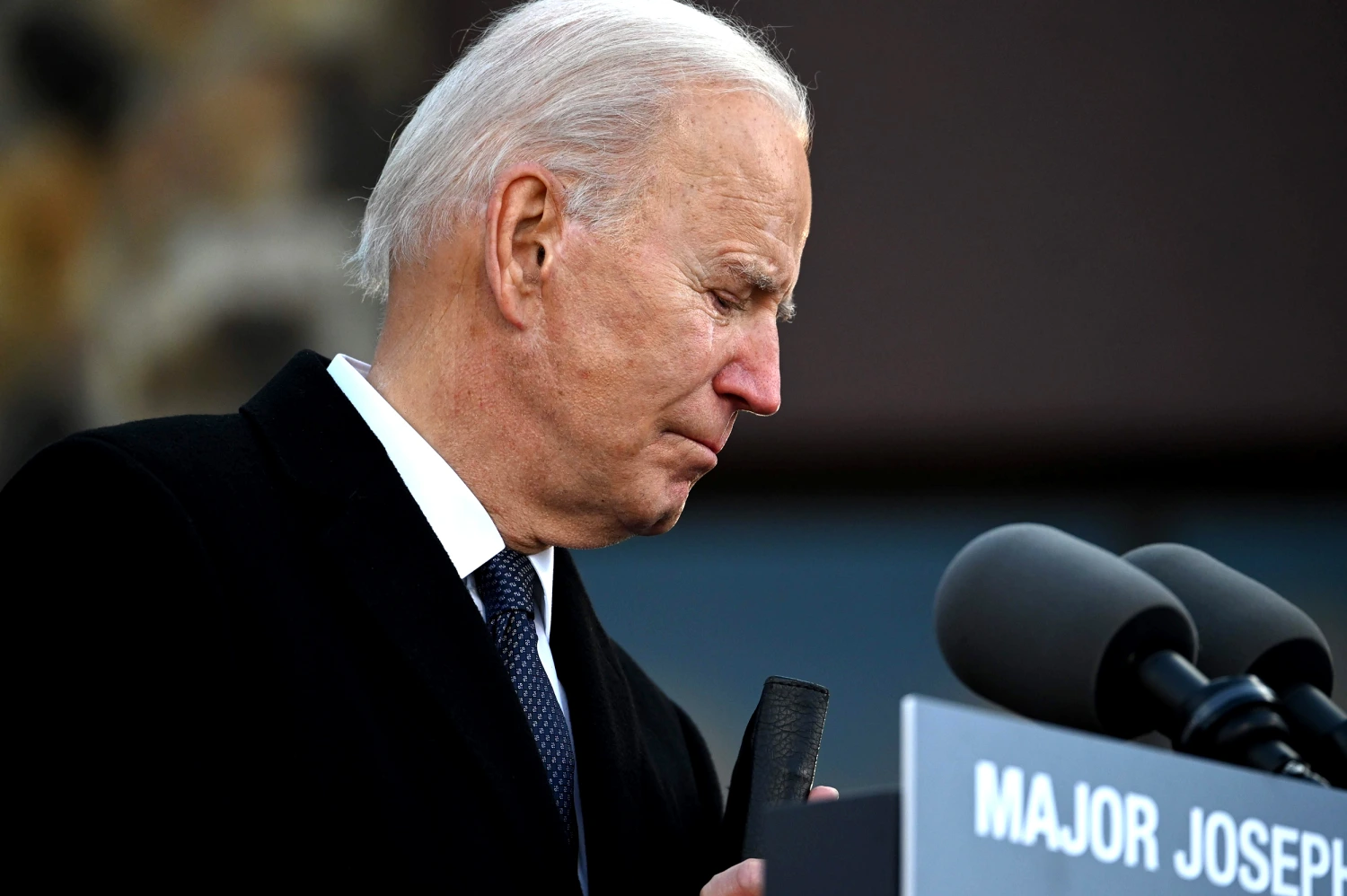Politics
BIDEN’S AMERICA: Recession Odds Climb To Highest In 40 Years, Far Surpassing 2007 Levels

The odds that the U.S. economy will slide into a recession are now stand at a 40-year-high, according to a probability model from the New York Federal Reserve. The model uses the U.S. Treasury yield curve, specifically the spread between three-month and 10-year yields, to calculate the likelihood of a recession
There is currently a 68.2 percent chance that the U.S. economy will enter a recession within the next calendar year, the model found. This accounts for the highest likelihood of a recession since 1982, the New York Federal Reserve found.
The latest figure is now greater than it was in November 2007, just before the subprime mortgage crisis in 2008. In January 2023, the model pegged the likelihood of a recession within the next year at 5 percent. It has since spiked more than 50 percent in less than six months.
Recession fears have accelerated following the failure of Silicon Valley Bank, with economists now predicting a retraction. “Given their assessment of the potential economic effects of the recent banking-sector developments, the staff’s projection at the time of the March meeting included a mild recession starting later this year, with a recovery over the subsequent two years,” according to a report from the March Federal Open Market Committee (FOMC) policy meeting.
Recession probabilities as measured by the Federal Reserve Bank of New York have skyrocketed from nearly 5% in January 2023 to 68.2% in April, the highest level since the end of 1982. pic.twitter.com/mpX9khrLKm
— Markets Today (@marketsday) May 13, 2023
Late last month, former U.S. Treasury Secretary Larry Summers pegged the odds of a coming recession at 70 percent. In an interview with Bloomberg, Summers pointed to inflation indicators such as the Employment Cost Index, which increased by 4.8 percent in the first quarter of 2022. A recession became “almost inevitable” once inflation rose above 5 percent, Summers said, adding that he believes the retraction will be mild and not comparable to the 2008 financial meltdown.
“The unemployment is likely to rise towards 6%, that’s a very real and not an easy thing,” he added. “But people need to understand is that it is better to do that than to allow inflation to accelerate and allow everybody to expect inflation, at which point you’ll have a much greater set of difficulties.”

